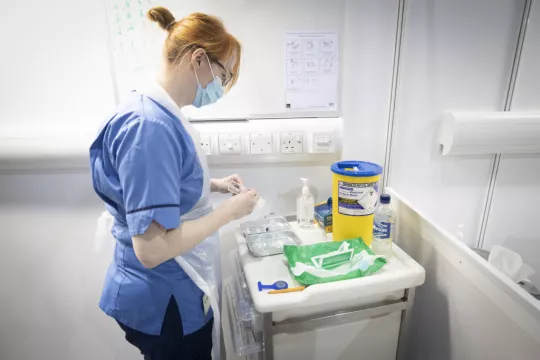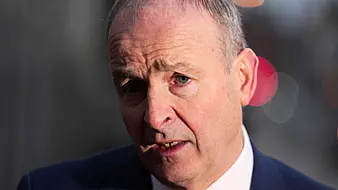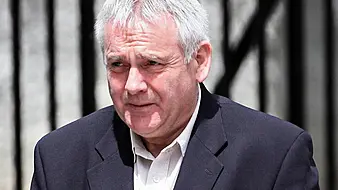Everyone in their 30s who is seeking a Covid-19 vaccination should have their first dose by the middle of August, a leading public health expert has said.
For people in their 20s, anyone seeking a vaccine should have their first dose by the end of September, the HSE’s chief clinical officer Dr Colm Henry said.
People in their 30s can begin registering for their vaccines from Sunday and are likely to start receiving them in early July.
There are around 710,000 people in the 30 to 39 age cohort, with the HSE warning this group will take longer to complete than other cohorts.
Asked when everyone in their 30s would have their vaccines, Dr Henry said: “The first jab, I would say, it’s the first couple of weeks of August, and then of course the second jab one month later.
“We’re hopeful we get through the great bulk of those 710,000 by the end of July, with maybe a week or two in August to finish up any additional cases.”
More than 300,000 jabs are currently being administered each week but this is likely to drop to 200,000 in July, with only two supply lines available, Moderna and Pfizer.
Those vaccines are the only ones available to younger age cohorts, under advice from the National Immunisation Advisory Committee (Niac).
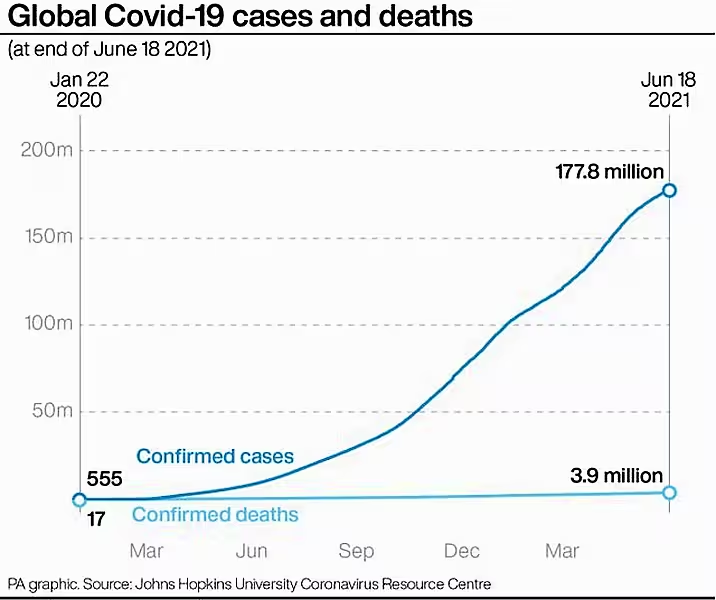
Dr Henry said the prediction for people in their 20s was a “very rough” estimate because it is several months away and the supply of vaccines will fluctuate.
He said he was “confident based on current supplies” that the cohort can have their first dose by September.
With a four-week wait between doses, it means people in their 30s can expect to be fully vaccinated by the end of September, and those in their 20s by the end of October or early November.
The National Public Health Emergency Team recently advised against non-essential travel to the UK due to concerns over the Delta variant, which has seen plans for easing lockdown restrictions delayed by four weeks.
While cases of the Delta variant remain low in Ireland, Dr Henry said it is a “race against time” to get a critical portion of the population vaccinated before the variant takes off.
“Across in the UK, 75,000 cases in total so far, but more importantly in the past week, that’s jumped by 33,000 in one week,” he told Brendan O’Connor on RTÉ.
“Now they’ve had just over 800 people hospitalised with Delta. Only 10% were fully vaccinated, the rest either partially or not vaccinated.”

He said the “strong message” coming from England was that despite the increased transmissibility and potential for increased illness associated with the Delta variant, the vaccines afford “great protection” against it.
He added: “The numbers referred to in Ireland, yes, they’re low, but I don’t think any of us believe that they’re going to remain that low.
“I have no doubt in my mind that we’ll see those figures go up.
“We’ve managed to contain the number, and slow its spread, to allow us to try and vaccinate a critical proportion of the population before it takes off.
“It’s basically a race against time.”
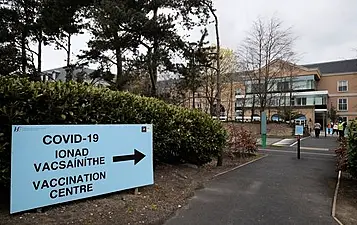
Saturday saw 393 additional confirmed cases of of Covid-19, according to the Department of Health.
Hospital numbers continue to decrease, with 48 patients in hospital with the disease, of whom 14 are in intensive care units.
Daily case numbers may change due to future data review, validation and update, owing to the cyberattack on the HSE.
